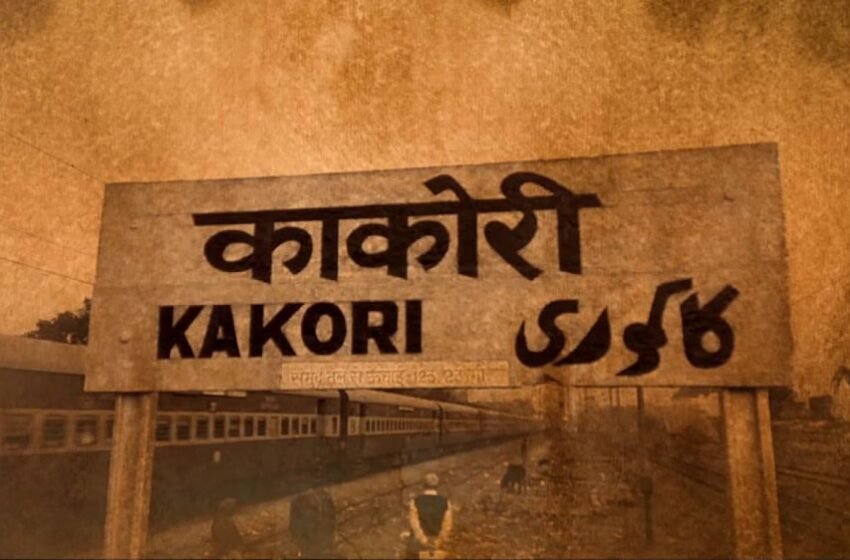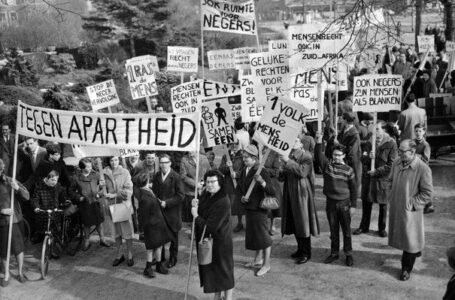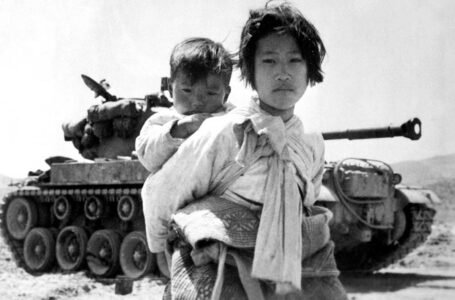Ram Krishna Khatri and the Kakori Conspiracy

-Muskaan
India has a long list of revolutionaries in the diaries of the struggle for freedom. Some gained fame, and some remained forgotten heroes. One of the silent and major Indian revolutionaries was Ram Krishna Khatri. In the long struggle for independent India, he is well known for expanding the Hindustan Republican Association in Central India and Maharashtra, establishing the saint society, and, most prominently, Kakori Kand (conspiracy).
Early Life and Education:
On 3rd March, 1902, in the Chikhli village of Buldhana district of British Raj Maharashtra, Ram Krishna Khatri was born to father Shivlal Chopra and mother Krishnabai. In his hometown town Chikhli, Khatri attained his primary education. It was the time when India witnessed the peak of the Lal Bal Pal movement.
The Revolutionary Rise:
With a deep love for his nation since childhood, at a young age, Khatri involved himself in revolutionary activities. From attending open meetings organised by prominent freedom fighters in villages to interacting with revolutionaries, he sacrificed himself to the nation’s service. During his student life, Lokmanya Bal Gangadhar Tilak’s visit to Chikhli in 1917 and his impressive lecture strongly affected young Khatri and he requested Tilak that he aspires to be a part of this struggle. However, Tilak then refused to take him alongside on this struggle due to his young age.
Eventually, his involvement in the freedom struggle increased when he was impressed by Gandhiji’s lecture in Wardha in 1920. Soon he joined active politics and took part in the sessions of Congress at Calcutta and Nagpur in 1920.
The Great Sacrifice:
In 1921, he sacrificed his worldly possessions to become a monk and adopted the name Mahant Govind Prakash. Later he organised a saint society named Udasinmandal where he was known by the same name. Well-versed in Hindi, Gurmukhi, Marathi, and English, Khatri met Chandrashekhar Azaad, and Ram Prasad Bismil and became their close associate. He joined the Hindustan Republican Association and worked under their leadership. For his smart and kind personality, he was given the charge of expanding the Hindustan Republican Association in Uttar Pradesh and Madhya Pradesh.
The Kakori Conspiracy:
The Kakori Kand, also known as the Kakori train robbery of 9th August, 1925, remained the major revolutionary activity of Khatri’s life. It was a strategic armed robbery by Hindustan Republican Association revolutionaries to steal government money to fund the revolutionary activities of the association. The robbery was planned by HRA Revolutionaries, Ram Prasad Bismil and Ashfaqullah Khan. A recce was carried out by the revolutionaries by gathering in Lucknow a few days before the robbery. A train carrying British government money bags was on its way from Kakori to Alam nagar when it was robbed by HRA revolutionaries, Bismil, Khan, Chandrashekhar Azad, Banwari Lal, Keshab Chakravarty, Manmathnath Gupta, Murari Lal Khanna, Mukundi Lal Gupta, Rajendra Lahiri, and Shachindra Bakshi. No passengers were targeted in this robbery and the focus was on the guard cabin where money collected from railway stations was kept. However, in the crossfire between the guards and revolutionaries, one passenger died which turned it into a manslaughter case.
Kakori Conspiracy’s Aftermath:
The complaint against this robbery was filed 2 days later on August 11, 1925. It was originally filed in Urdu and later translated into Hindi. The complaint was filed under section 396 of the IPC for looting the government treasury. The British Administration launched a manhunt to arrest the involved revolutionaries. Within a month of the robbery, British police arrested more than two dozen revolutionaries which later led to the arrest of more than 40 HRA members.
Khatri was arrested in Pune and brought to Lucknow on 18th October 1925. Ram Prasad Bismil was also arrested by the British police and other masterminds Ashfaqullah Khan and Shachindra Bakshi were arrested a year later. British administration failed to arrest Chandrashekhar Azad, who later reorganised the HRA.
The trial on Kakori Kand started in Lucknow in 1926 against 28 Hindustan Republican Association members. The final verdict came in 1927. In the lack of evidence, around 15 revolutionaries were released by the court, five escaped during the trial, death sentences were given to Bismil, Khan, Thakur Roshan Singh and Rajendra Lahiri, and others were sentenced to varying lengths of imprisonment. Khatri was sentenced to 10 years of rigorous imprisonment.
The imprisoned revolutionaries undertook hunger strikes against the jail conditions. They demanded the status of political prisoners for them. The death sentences to the four revolutionaries led to strong protests in the country, however, the British government did not reconsider the court’s decision, and the death sentences were executed in December 1927.
The release and re-involvement:
In August 1935, Khatri was released from Lucknow Central Jail. After his release, he once again involved himself in revolutionary activities for free India and joined the Congress Socialist Party in 1938. He campaigned for the release of other prisoners involved in the Kakori conspiracy. He planned protests against the British Raj and remained a part of various secret societies. In 1942, he played an important role in gathering public support for Mahatma Gandhi’s Quit India Movement.
Post Independence Contributions:
In Independent India, in collaboration with the Indian government, he worked for the formation of various schemes to assist freedom fighters. He played a significant role in constructing the Kakori Shaheed memorial near Lucknow. He also wrote two books, Shadow of Martyrs which was published from Nagpur, and Kakori Shaheed Smriti. His autobiography ‘Shadow of Martyrs’ was released by then Prime Minister, Indira Gandhi in 1983. He retired from active politics in 1969.
The Last Days of Life:
Khatri had five sons namely, Pratap, Arun, Uday, Swapan, and Alok. He used to tell the stories of the freedom struggle to his sons. He spent the last years of his life with his third son Uday in Lucknow’s Kesarbagh. On 18 October 1996, he died at the age of 94.
For his infamous contributions to the struggle for independent India, Ramkrishna Khatri is remembered to this day.


